Feminist theatre in Nigeria enables women to reclaim silenced voices that have long been restricted by societal stereotypes. I grew up doing as I was told to enable society to view me as the ideal version of a Nigerian woman. The word “vagina” was prohibited, especially from the mouth of a girl. We were told that women who expressed their sexuality freely were the “loose” ones who had no shame and cared less about their future. Directing V’s The Vagina Monologues has made me more comfortable expressing who I am without considering what the society thinks about my personality.
I was tired of biased notions about women, including the perception that we were created to satisfy and help men, so we created a production that talks about women’s issues in contemporary Nigeria. The Vagina Monologues is series of female monologues about topics like female sexuality, rape, and women appreciating their bodies. The aim of the monologues is to empower women and to encourage them to be more open about who they are. The idea behind this production was to empower women in their sexuality and to address issues of rape and female genital mutilation.
The first step to creating feminist theatre is to act as an agent of feminism against female subjugation and oppression. To be a feminist is to accept that there is social injustice against women, identify these injustices, and seek to reverse the situation to establish a gender-balanced society. Therefore, feminist theatre uses performance to effect a change of attitude in society by correcting false, sexist images of women.
The play was staged within a culture of silence, where women must cover up not only their bodies but also their hurts, their pains, and their lived experiences.
Playmaking Process
I staged this play in University of Ibadan, Nigeria—a university that was silently or subconsciously accepting the old roles through restrictions on women. The play was staged within a culture of silence, where women must cover up not only their bodies but also their hurts, their pains, and their lived experiences. Right up until the opening of this play, my crew and I worried that the university— which has never experienced a radical theatre performance in which women would freely talk about sex and their private parts on stage—might not be ready for a politicized play about genitalia and empowerment. The school had banned a play from going on stage the year before because the play’s poster featured a lady holding a man’s penis. Our poster took a different approach by letting university administrators know that our major aim was to empower women and girls in our society.


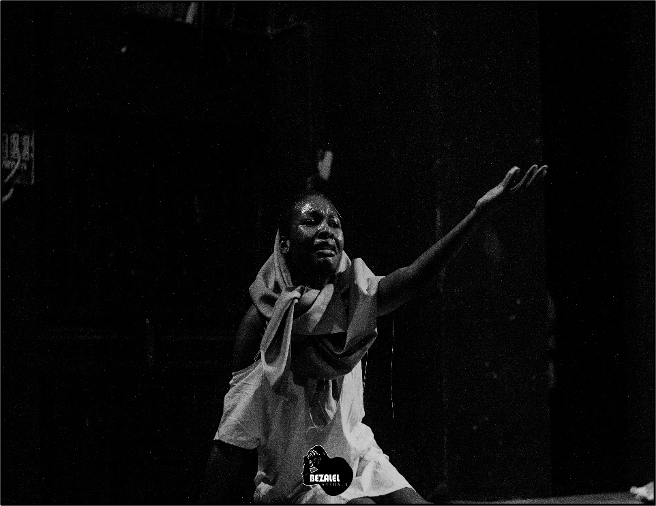
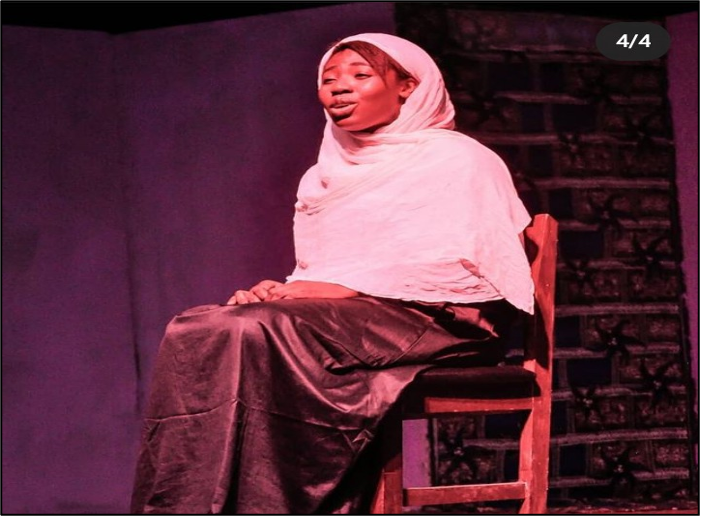
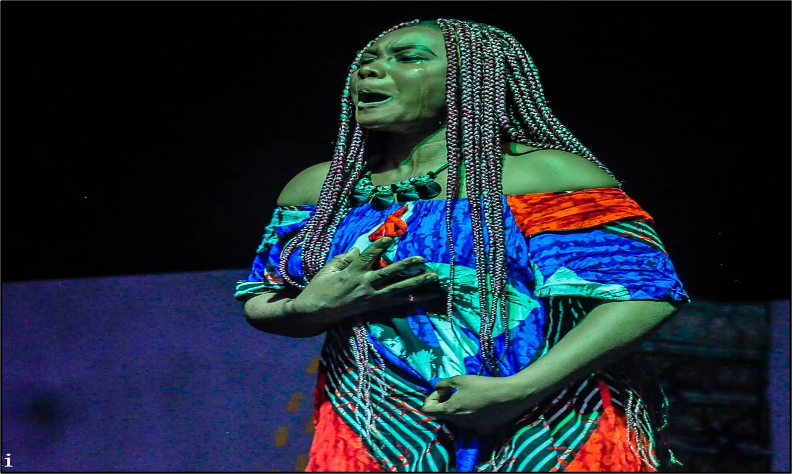
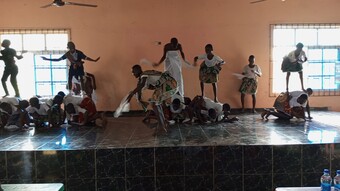


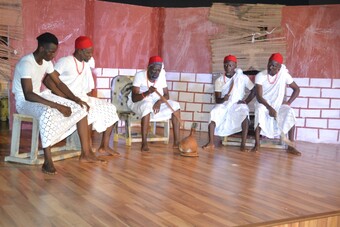

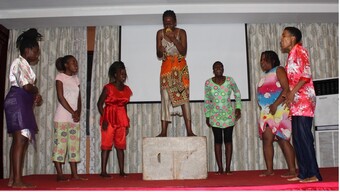

Comments
The article is just the start of the conversation—we want to know what you think about this subject, too! HowlRound is a space for knowledge-sharing, and we welcome spirited, thoughtful, and on-topic dialogue. Find our full comments policy here